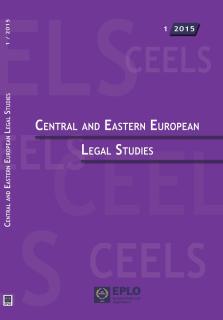
THE PROCESSES AND THE PRINCIPLES OF CONSTITUTIONAL DESIGN IN TURKEY
- HISTORICAL AND LEGAL PERSPECTIVE -
ASLI TOPUKCU
Kadir Has University, Istanbul, Turkey, Department of Constitutional Law, aslitopukcu@gmail.com
The idea of a new constitution has been discussed in both academic and political circles since the first day of the adoption of the current Constitution of Turkey as it is a result of the coup d'état of 1982. Almost half of the Constitution of 1982 has been amended and after sixteen amendments the Constitution of 1982 is almost entirely changed. However, the idea of making a new constitution never calmed down. The purpose of this study is to introduce the long constitutional solution-seeking period of Turkey by referring to historical, legal and political developments. In this context, especially the debate about the abolishment of the entrenchment clause, the principle of laicism and the freedom of religion, the citizenship definition and the debate on the possible switch to the presidential system are explained. Besides, the constitution-making process after the parliamentary elections in 2011 is evaluated.
[This paper was presented on the IXth World Congress of Constitutional Law, Workshop No: 11 "The New Spring of Constitution-Making", 16-20 June 2014, Oslo/Norway.]




















